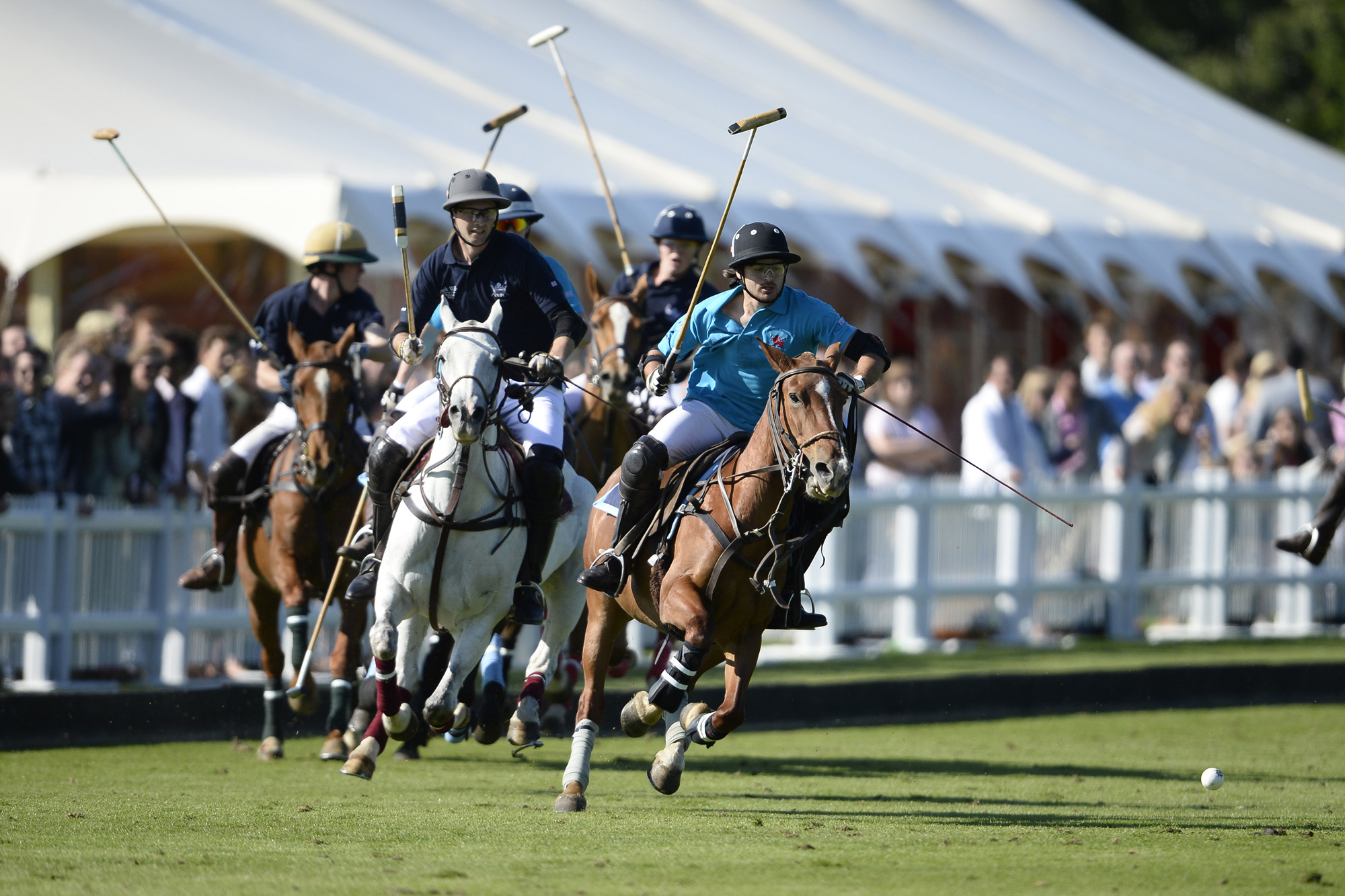How to play polo
- Introduction to Polo
- Understanding Polo Rules: Part 1
- Understanding Polo Rules: Part 2
Tactics & Strategy in Polo
Adapting to Opponent’s Tactics in Polo

Equestrian team sport.
In the sport of polo, one of the most critical skills a player can develop is the ability to adapt to the opponent's tactics. This ability can often be the difference between winning and losing a match. This article will delve into the importance of this skill, how to read and anticipate the opponent's tactics, and strategies for adapting your game plan based on the opponent's tactics.
Understanding the Importance of Adapting to the Opponent's Tactics
In polo, as in many other sports, no two games are the same. Each team has its unique style of play, strategies, and tactics. Therefore, a team that can quickly adapt to the opponent's tactics has a significant advantage. It allows the team to counteract the opponent's strategies effectively and exploit any weaknesses in their game plan.
Reading and Anticipating the Opponent's Tactics
Reading and anticipating the opponent's tactics is a skill that comes with experience. It involves closely observing the opponent's play style, identifying patterns in their gameplay, and predicting their next moves.
For example, some teams might prefer a fast-paced, aggressive style of play, while others might opt for a more defensive, patient approach. Recognizing these styles early in the game can provide valuable insights into the opponent's likely tactics.
Strategies for Adapting Your Game Plan
Once you've identified the opponent's tactics, the next step is to adapt your game plan accordingly. Here are a few strategies that can help:
-
Counteracting the Opponent's Tactics: If the opponent's team is playing aggressively, consider adopting a more defensive strategy to counteract their attacks. Conversely, if the opponent's team is playing defensively, you might need to be more aggressive in your attacks to break through their defense.
-
Exploiting Weaknesses: Every team has weaknesses. Identifying these weaknesses and exploiting them is a key strategy in polo. For example, if a particular player is not as strong in defense, directing more attacks towards that player could be a successful strategy.
-
Changing Tactics Mid-Game: Sometimes, the best strategy is to change tactics mid-game. If your current game plan isn't working, don't be afraid to switch things up. This unpredictability can throw off the opponent's team and give you an advantage.
In conclusion, the ability to adapt to the opponent's tactics is a crucial skill in polo. It requires careful observation, strategic thinking, and the flexibility to change your game plan when necessary. By mastering this skill, you can significantly improve your performance in the game.